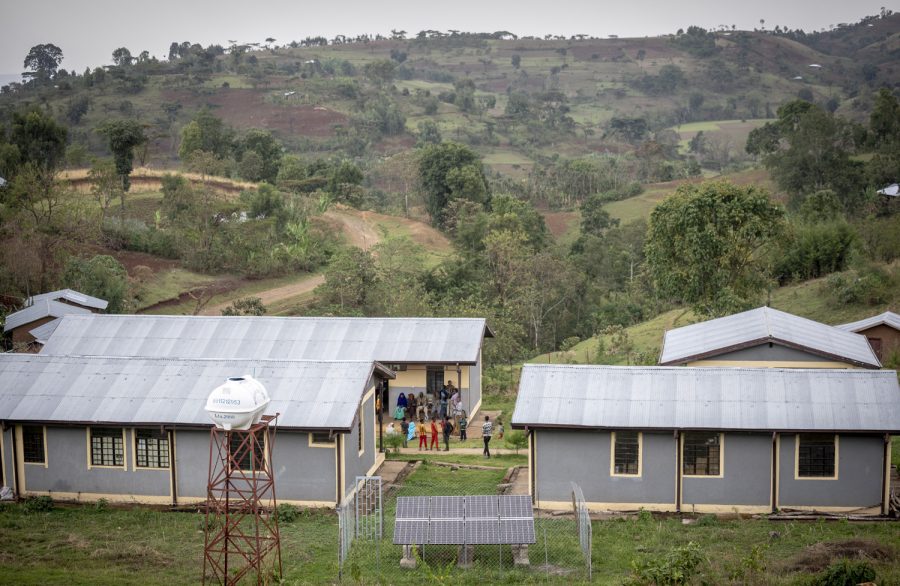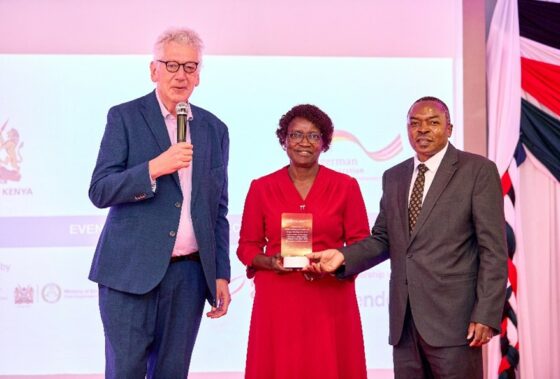What are the linkages between the financial sector and the energy access market?

EnDev Ethiopia is excited to share a report which addresses this important and crucial question. The assessment informing this report was carried out in 2020 and provides an insight into the Ethiopian financial sector.
What is the report about?
The report explores the linkages between energy access and the local financial sector to support the establishment of markets for modern energy supply with a focus on rural areas. It assesses the challenges to access finance, identifies systemic gaps as well as opportunities and potential solutions in order to promote increased funding success in the energy sector. The findings of the assessment detailed in the report do not only confirm what is already known, but also provide additional valuable insights into the overall developmental direction of the Ethiopian economy, and an understanding of the role the local financial sector can play.
What can we learn?
Lack of access to finance is often the critical mechanism that evokes persistent income inequality, as well as slower economic growth; hence easing access to finance remains to be an important challenge across the developing world. The assessment conducted, identifies five key bottlenecks that hinder the overall development of a functioning financial sector which can support access to energy in Ethiopia:
- Non-local foreign investors are prohibited to repatriate FOREX
- Non-local foreign investors are prohibited by law to participate in local distribution and retail
- Inadequacy of the local banking system, commercial as well as MFIs, to understand and underwrite SMEs
- Increased bureaucracy in loan review and approval process
- Slow pace of reforms and restrictive regulatory environment
Fortunately, Ethiopia is on the right way. The Ethiopian Government has pledged to turn more and more towards the private sector to take a more leading role as the engine of economic growth. A good example includes some loosening of restriction in the PAYGO sector, allowing for non-bank actors to make payment collections. The report finds that, specifically with a focus on the rural population, the key linkage between the financial sector and the energy access market that needs to be nurtured and developed is a telco-driven, fintech-platformed mobile system – inclusive of a true mobile money system. This would awaken and unleash the spirit of the entrepreneurial segment of Ethiopia, help to bring down bureaucratic barriers, ease the payment and settlements environment as well as the cost of doing business and bridge the divide between the population, the financial and the governance system.
The recommendation, followed by some action points, given in the report could have the potential to significantly contribute to Ethiopia’s achievement of its national strategies and would support access to clean energy in rural, and off-grid locations, and provide a basis for the sector to grow and flourish in Ethiopia.
Enjoy the read!

